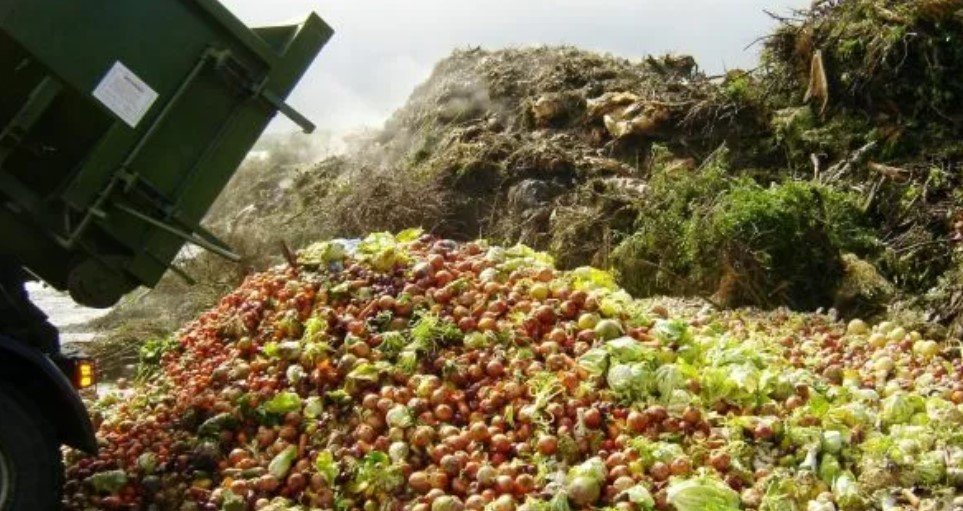In recent years, countries across the globe have implemented laws to mitigate plastic production and pollution. While large developed nations like Australia and smaller developing countries like Sri Lanka and Belize have passed ambitious national laws to phase out a number of plastic products like bags, cutlery, and straws, the United States remains woefully behind. As one of the world’s biggest contributors to the plastic crisis, the U.S. has yet to pass meaningful federal regulation on plastic pollution. Let’s explore the global efforts to combat plastic waste and the urgent need for the U.S. to catch up.
The Plastic Crisis: A Global Challenge
Plastic pollution poses a significant environmental challenge, affecting both terrestrial and aquatic ecosystems. The U.S., as a leading producer and consumer of plastics, generated a staggering 35.7 million tons of plastic waste in 2018. Shockingly, more than 90% of this plastic was either landfilled or burned. When measured per capita, the U.S. outpaces even China in plastic waste generation.

Global Action Against Plastics
More than 90 countries have established (or have imminent plans to establish) either bans or fees on single-use plastic bags or other products. However, the U.S. is not among them. While Americans have been aware of plastic pollution as an environmental concern since the mid-20th century, U.S. action against plastics has been piecemeal. The federal government has largely left it up to individual cities, counties, and states to decide whether and how to regulate plastics.
The Urgent Need for U.S. Legislation
The plastic problem is growing increasingly urgent. Over 1 million plastic bags are used every minute, with an average “working life” of only 15 minutes. Experts predict that by 2025, the ocean will contain one ton of plastic for every three tons of fish. By 2050, there may be more plastics than fish (by weight). Microplastics, tiny particles shed from plastic products, have well-documented impacts on human health. They have been found in 90% of bottled water and 83% of tap water.
The Break Free From Plastic Pollution Act: A Potential Solution
Fortunately, there is hope. A new proposed federal bill, the Break Free From Plastic Pollution Act, offers potential solutions. If enacted, this legislation could transform the U.S. from a hindrance to the global movement against plastics into a much-needed ally. The Act aims to reduce plastic pollution by implementing aggressive bans and caps on single-use plastics. It also emphasizes the importance of addressing microplastics and promoting biodegradable alternatives. By taking decisive action, the U.S. can play a crucial role in combating the plastic crisis.




































